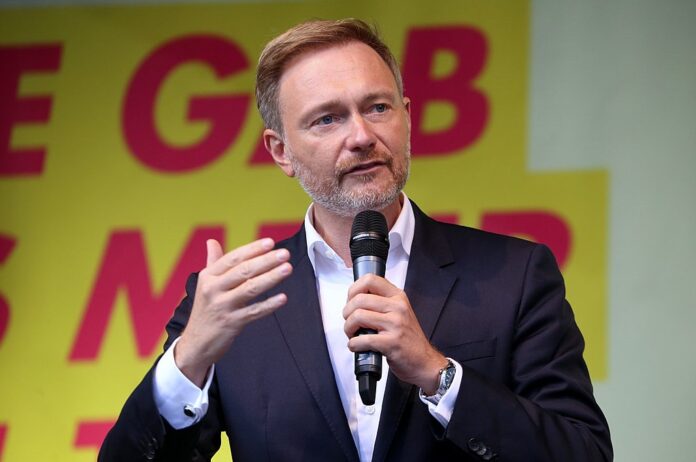Ukrainian Defence Minister vows continued resistance; US sentences Russian smuggler
Germany has unveiled plans to slash its military aid to Ukraine by half in 2025, reducing it to €4 billion, as revealed in a draft budget obtained by Reuters. This decision comes amid uncertainties over ongoing US support, with Germany anticipating that Ukraine can largely meet its military requirements through $50 billion in loans from frozen Russian assets, approved by the G7. German Finance Minister Christian Lindner assured that Ukraine’s financial stability is assured through European mechanisms and G7 loans, despite criticisms over Germany’s failure to meet NATO’s defence spending targets.
JD Vance’s selection as Donald Trump’s running mate has sparked concern among European diplomats in Washington, with one senior official describing it as detrimental to European interests, particularly Ukraine’s. Michael McFaul, from the Freeman Spogli Institute for International Studies, noted Vance’s previous opposition to increased aid for Ukraine and his perceived indifference to the conflict’s impact.
Embed from Getty ImagesAddressing the Aspen Security Forum remotely, Ukrainian Defense Minister Rustem Umerov affirmed Ukraine’s commitment to resisting Russian forces, regardless of the outcome of US elections. He emphasized the importance of US leadership in strengthening allies and partners, while criticizing Biden administration restrictions on Ukraine’s use of US-supplied weaponry against Russian targets. Umerov stressed Ukraine’s military objectives, including the strategic retaking of the Zaporizhzhia nuclear power plant from Russian control.
In a legal development, Maxim Marchenko, a Russian national, was sentenced to three years in a US prison for smuggling American military-grade microelectronics to Russia. Marchenko, along with two co-conspirators, utilized fraudulent methods to acquire OLED micro-displays, purportedly for medical equipment in China and Hong Kong, concealing their true military applications.
Russian Foreign Minister Sergei Lavrov expressed Russia’s readiness to engage in respectful dialogue with any US leader, welcoming JD Vance’s stance on reducing American military support to Ukraine. Vance has advocated for limiting US involvement in Ukraine, arguing against efforts to reclaim Ukrainian territories from Russian control.
Ukraine and Russia have facilitated the exchange of 95 prisoners of war each, marking the 54th such swap since Russia initiated its full-scale invasion in February 2022. This humanitarian exchange was confirmed by Ukrainian President Volodymyr Zelenskiy and the Russian Defense Ministry.
In response to EU sanctions targeting Belarus, Estonia and Lithuania have barred Belarusian-registered vehicles from entering their borders with Russia or Belarus. This measure aims to counter Belarusian support for Russian aggression in Ukraine, mirroring similar restrictions imposed by Latvia and other Baltic states against Russian-registered vehicles, except those used for diplomatic purposes.
Analysis:
Political Perspective: Germany’s decision to cut military aid to Ukraine reflects internal budgetary priorities and strategic reassessment amidst NATO obligations. This move underscores Germany’s balancing act between European solidarity and domestic fiscal constraints, impacting broader European defence cooperation efforts.
Social Perspective: Ukraine’s steadfast resistance against Russian aggression resonates domestically and internationally, highlighting the resilience and determination of Ukrainian forces and civilians amid ongoing conflict and geopolitical uncertainty.
Racial Perspective: Ethnic considerations within the Ukraine-Russia conflict zone remain contentious, influencing humanitarian responses and international policy decisions regarding minority rights and ethnic identities in wartime environments.
Gender Perspective: Gender dynamics in conflict zones like Ukraine involve specific challenges for women and families, including displacement, safety concerns, and socio-economic impacts exacerbated by military operations and geopolitical tensions.
Economic Perspective: The economic implications of sanctions and international aid dynamics in the Ukraine-Russia conflict zone are significant, influencing regional stability and global economic interdependencies amidst ongoing military engagements and diplomatic negotiations.
